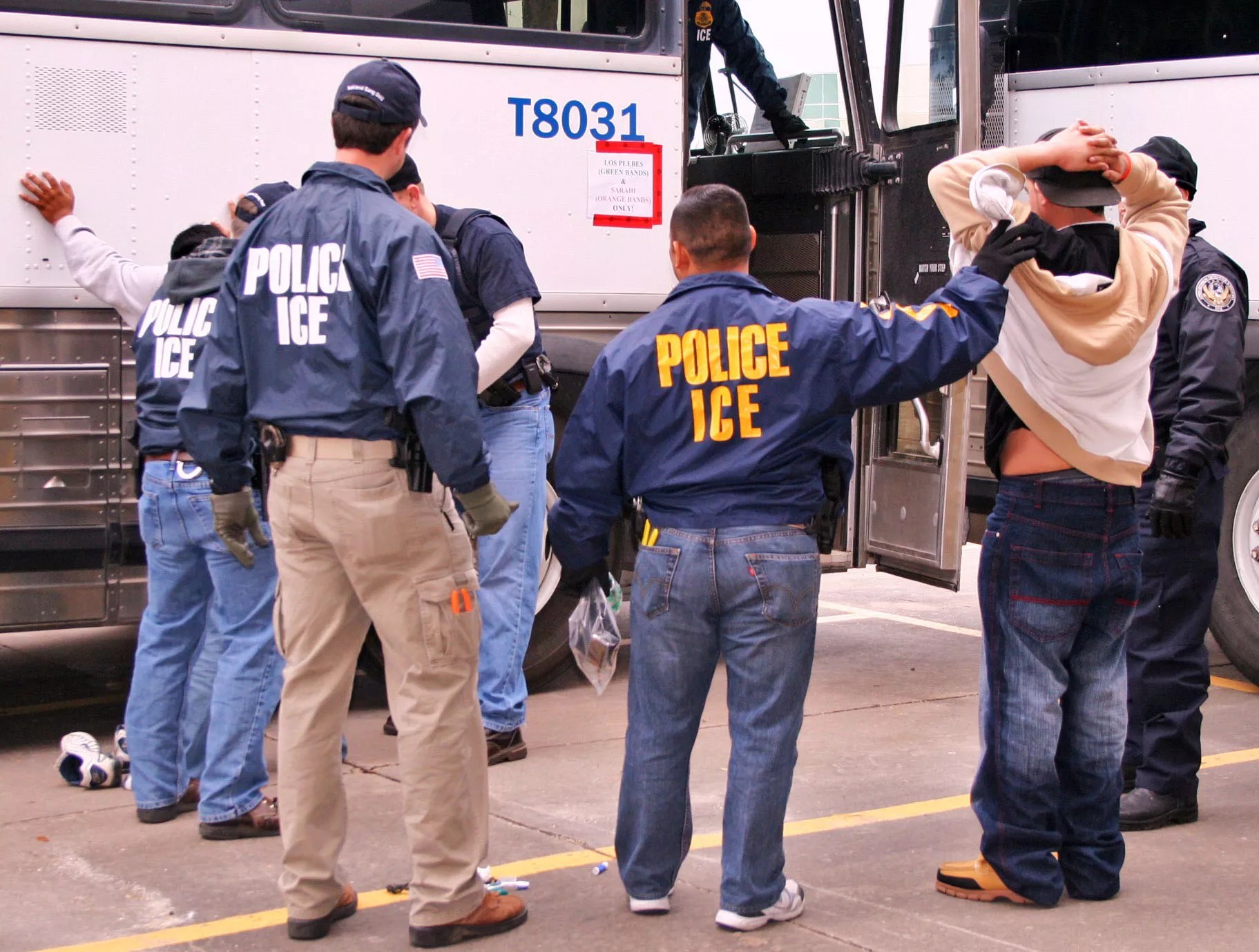

Audio By Carbonatix
At a time of historic struggle for immigrants seeking protection in the United States, Miami has emerged as one of the worst places in the nation to apply for asylum. The area’s two immigration courts – Miami Immigration Court in downtown Miami and the Krome Service Processing Center in Southwest Miami-Dade – each denied more than 91 percent of all asylum cases in the 2019 fiscal year, according to a New Times analysis of data released by the Executive Office of Immigration Review.
One can tell only bleak stories about the new data, obtained through a Freedom of Information Act request made by attorneys with the New York law firm Amoachi & Johnson. While the court at Krome, which primarily handles the cases of detained immigrants, has always had a harsh asylum grant rate, the change at Miami Immigration Court is jaw-dropping. In the 2019 fiscal year, Miami Immigration Court granted asylum to only 8 percent of applicants; Krome, meanwhile, approved a dismal 7.5 percent of cases. Both are well below the nationwide average of 29 percent during that period.
“This would’ve been completely unimaginable three or four years ago,” says Michael Vastine, a professor and the head of the immigration clinic at the St. Thomas University School of Law in Miami Gardens. “When you get numbers that are so disparate from national averages, you can’t explain it away by pointing to the demographics of asylum seekers in South Florida… We are now definitely in the conversation for one of the worst courts in the country.”
Miami’s transformation into a virtual no-go zone for asylum applicants is no accident, but rather a direct result of policy changes engineered by the federal government. Trump and his appointees have gleefully dismantled the U.S. asylum system, yanking one legal protection for migrants after another like a pack of school kids tearing the limbs from a spider. Now women fleeing endemic levels of domestic violence can’t claim asylum on the grounds their countries aren’t doing anything to help them. The same goes for victims of gangs in Central America and those escaping armed paramilitary groups in Venezuela, to give just a few examples.
These changes have been compounded by extreme pressure the Department of Justice has placed on immigration judges. Strict yearly case quotas force overworked judges to decide life-or-death asylum cases in a matter of hours or risk losing their jobs. Moreover, all of Trump’s attorneys general, beginning with Jeff Sessions, have gone about removing various administrative tools used by judges to manage their own overflowing dockets. Miami Immigration Court’s caseload more than doubled from the fiscal year 2018, jumping from about 2,500 cases to more than 5,070. The increase seems to have affected the asylum approval rate, which was 15.4 percent in fiscal year 2018 – almost double the 2019 rate.
“This is an institutional concern. Every kind of judge, even the most reasonable, has been affected by these changes,” Vastine says. “You’re either going to resign in protest or do what you have to do to avoid getting fired.”
The human cost of Miami Immigration Court becoming a near-rubber stamp for asylum restrictionists will be felt by the thousands of immigrants now vulnerable to removal from the States. The enforcement arm of the U.S. immigration system – Immigration and Customs Enforcement – threatened the Miami area with massive deportation raids in 2019. Immigrant advocates believe 2020 will be no different.
“People have been calling us, frantically asking for help,” says Laura Muñoz, an organizer with the Florida Immigration Coalition (FLIC). “They’ve done everything they possibly could but are still facing deportation. There’s been so many women terrified that they might have to go back home, where their lives are in danger because of their partners or local gangs.”
Muñoz says she wasn’t surprised by the new asylum grant rate data, which is consistent with her own experience working an emergency hotline for immigrants. According to Muñoz, before the Trump administration made changes, the biggest obstacle was connecting desperate immigrants with limited legal resources. Now even immigrants with attorneys are being denied asylum.
Muñoz says FLIC has tripled the number of people working its hotline since July. Those 80 volunteers have been trained to provide support and connect immigrants to legal resources.
“The attacks from this administration are not going to end,” Muñoz says. “I’d like to ask that any folks living in fear and silence go ahead and call our hotline. There is a community here to help them.”